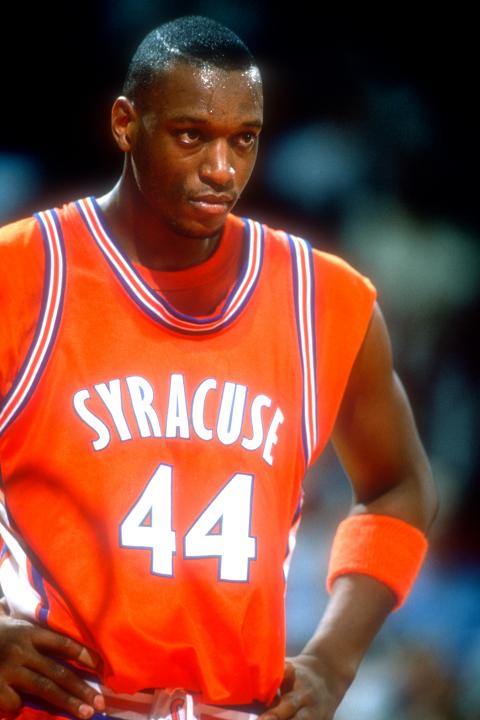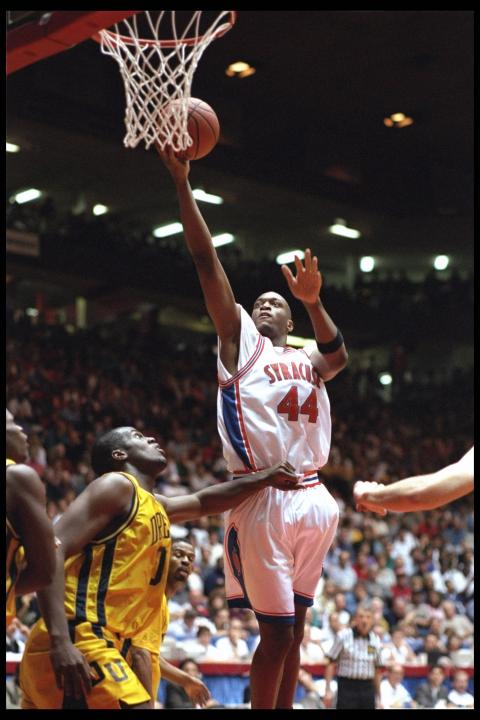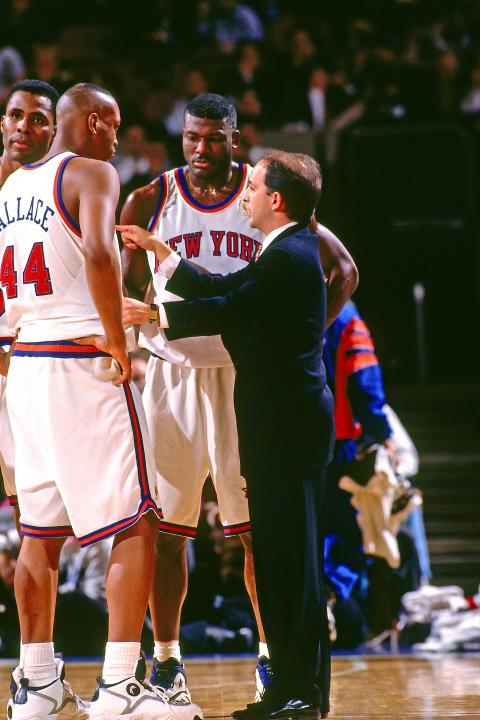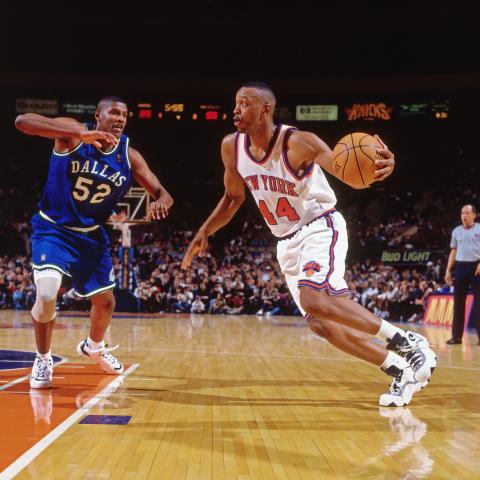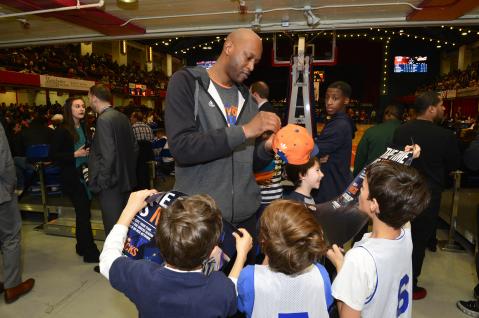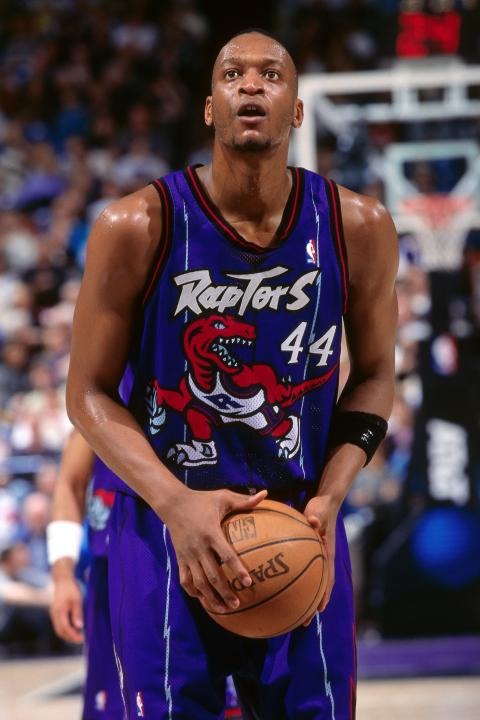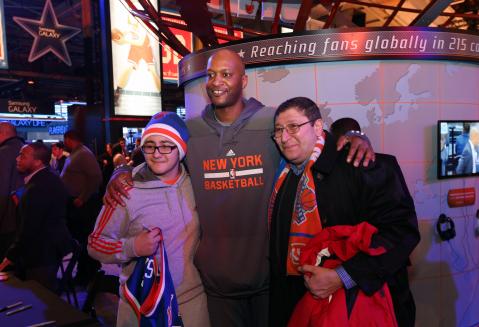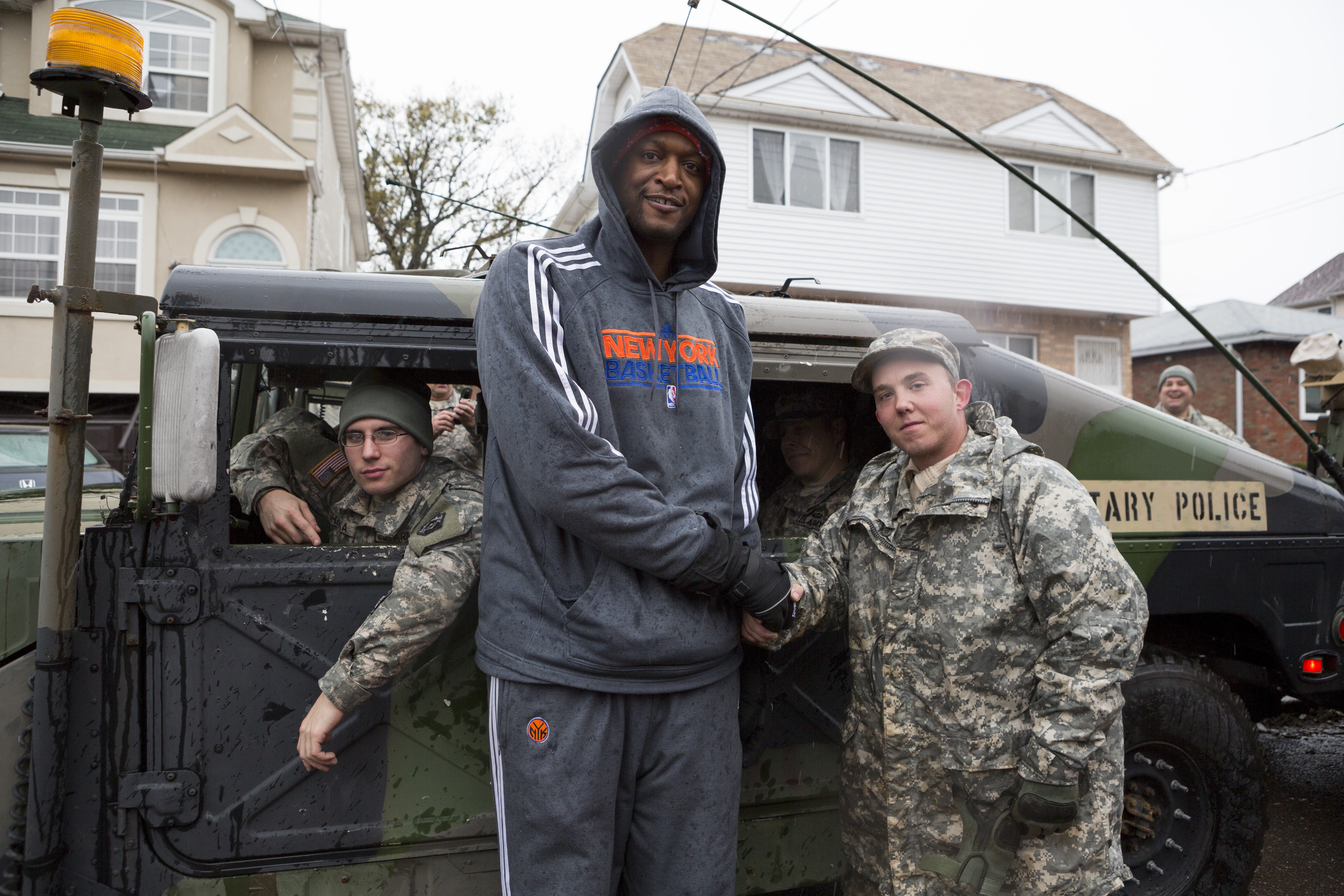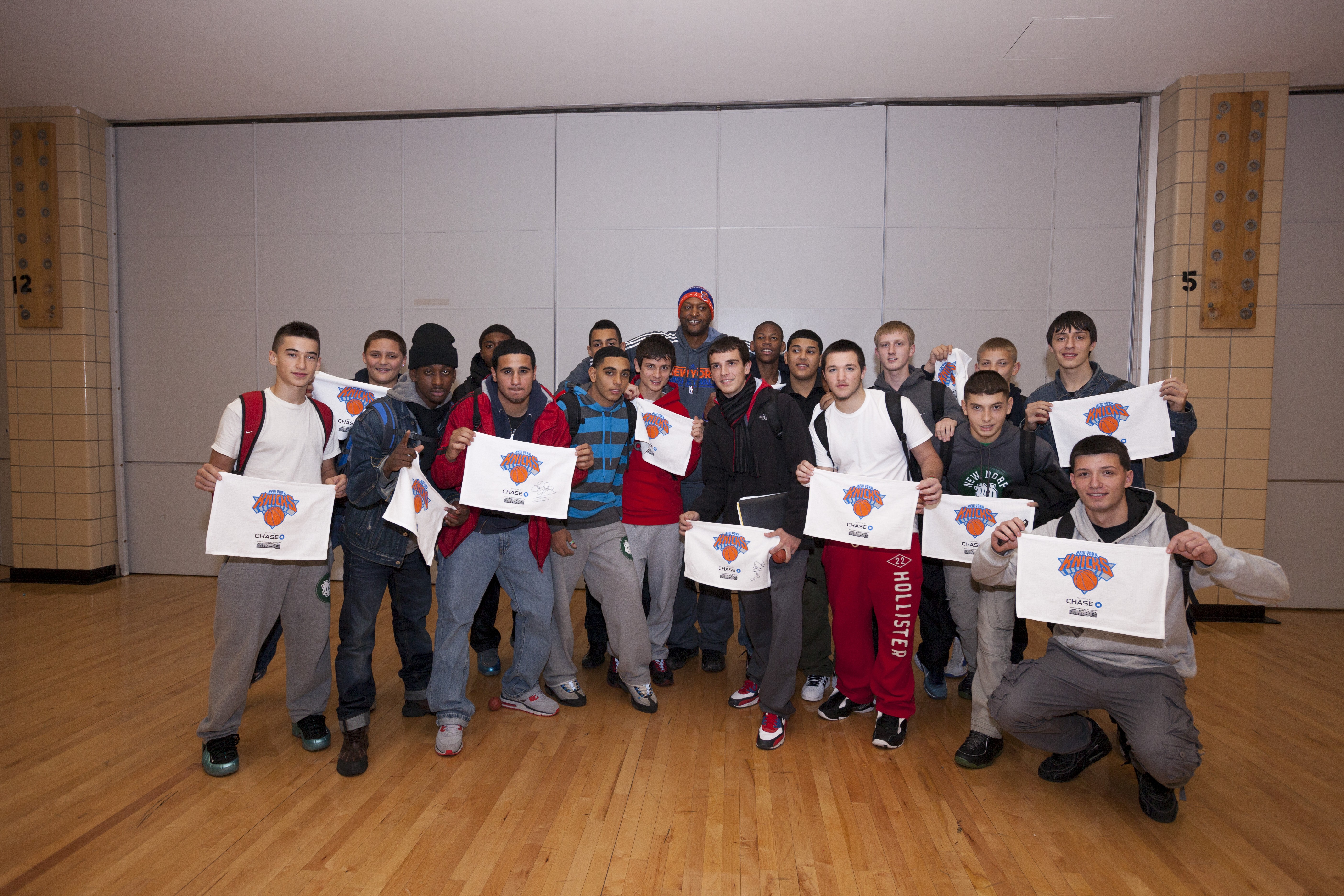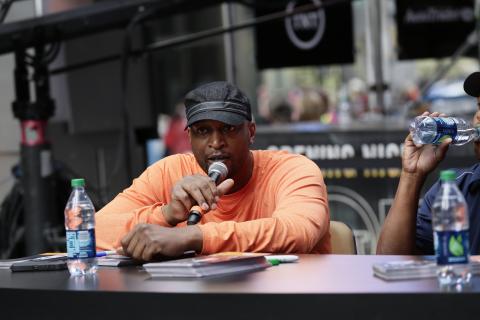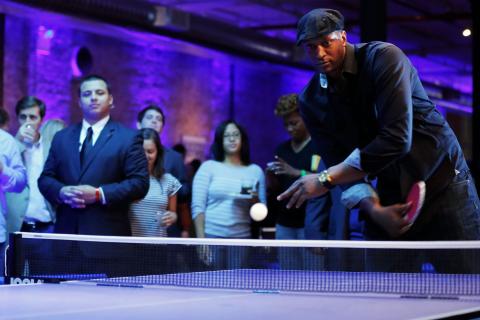There was a time not too long ago when the mere mention of mental health was shrouded in taboo. The stigma left those afflicted feeling isolated and often incapable of leading fulfilling lives. For many, the burden of mental illness meant forfeiting careers, fracturing relationships and, in more tragic instances, succumbing to suicide as the weight of their struggles became unbearable.
Some athletes conceal their struggles to maintain an invincible image, leading to silent suffering. Some find themselves adrift in unhappiness despite their athletic prowess. One New York basketball legend has made it his mission to empower individuals contending with mental illness and help them reclaim their lives.
John Wallace, a seven-year NBA veteran from Rochester, began to make waves on the basketball scene as a freshman at Greece Athena High School. Despite initially aiming to study engineering at Cornell University, Wallace's dedication and tireless work ethic in basketball led him down a different path.
“I got my first letter when I was 14 from Jeff Van Gundy,” Wallace recalls. “He was an assistant coach at Rutgers University. I was at a camp at Oneonta College in Oneonta, New York, called the Big Man Point Guard Camp. I wasn’t that good at all; I was just pretty athletic. I just remember Van Gundy telling me to keep working hard and that I had a lot of potential. But that letter, I pinned it up on my wall. It was the first letter I ever got!”
